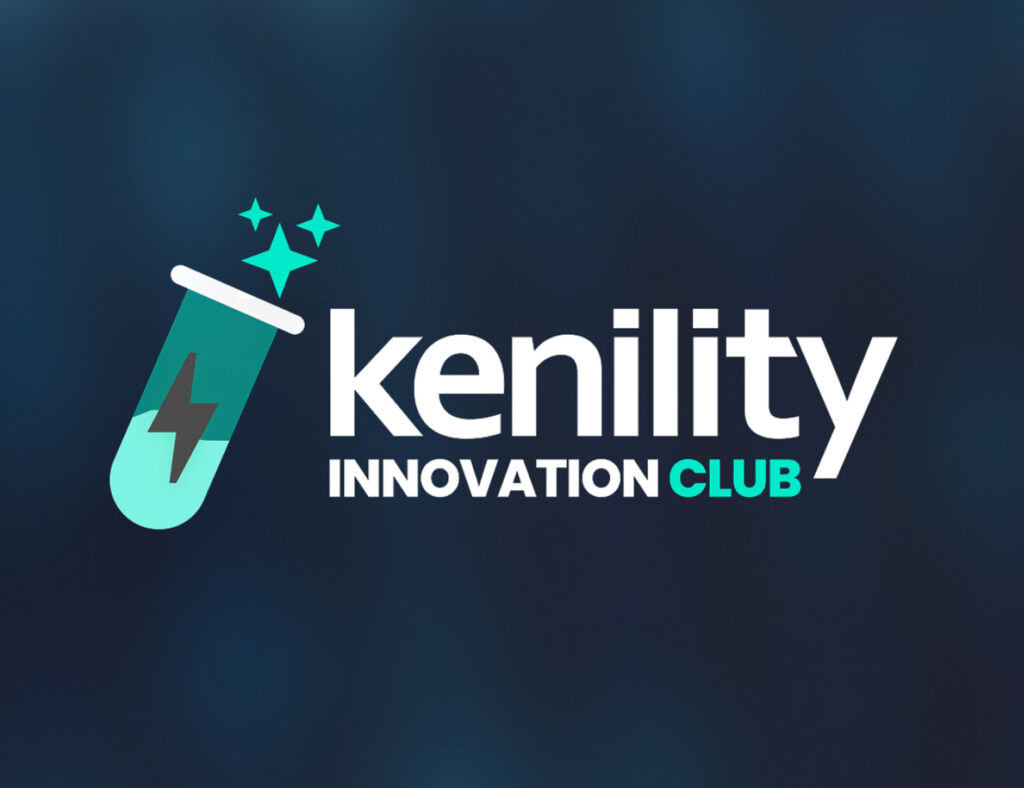Building and deploying AI systems has traditionally been complex and risky. However, a new development is gaining traction: AI agents. These agents leverage generative AI to offer more robust and manageable solutions than their predecessors.
According to McKinsey, AI agents are the “next frontier” in AI technology. These systems, which can autonomously interact in dynamic environments, are expected to become increasingly influential. The integration of generative AI enhances their capabilities, allowing them to plan actions, use online tools, collaborate with other agents and people, and continuously improve their performance.
As McKinsey’s report notes, the evolution from knowledge-based AI tools, such as chatbots, to more sophisticated AI-enabled agents marks a significant shift. These agents use foundational models to execute complex, multi-step workflows, transforming the technology from simple information processing to actionable tasks.
A recent survey by Capgemini revealed that 82% of tech executives plan to integrate AI-based agents into their organizations within the next three years, a notable increase from the current 10% who have operational AI agents. The report also found that 70% of respondents trust AI agents to analyze and synthesize data, while 50% would trust them to draft professional emails. Additionally, 75% plan to use AI agents for tasks like generating and refining code, with other applications including drafting reports, editing content, and analyzing data.
AI agents offer diverse capabilities. For instance, a virtual assistant might plan and book a personalized travel itinerary across various platforms. Another example includes Qventus’s Patient Concierge, an AI assistant that manages patient reminders, guidelines, and general care questions.






